Brooklyn Gardeners Share Secrets of Growing Vegetables and Fruits in Raised Beds and Planters
Planting fruits and vegetables in a typical compact and shady Brooklyn backyard with contaminated soil presents a challenge for urban gardeners.

Photo by Counselling
If you’ve always dreamed of growing blueberries or cucumbers in your backyard or rooftop garden, you haven’t missed your chance for the season. You can still plant an edible garden that will yield a bountiful harvest by mid-August.
But planting fruits and vegetables in a typical compact and shady Brooklyn backyard with contaminated soil presents a challenge for urban gardeners. So, before you get started, consider these tips from professionals.
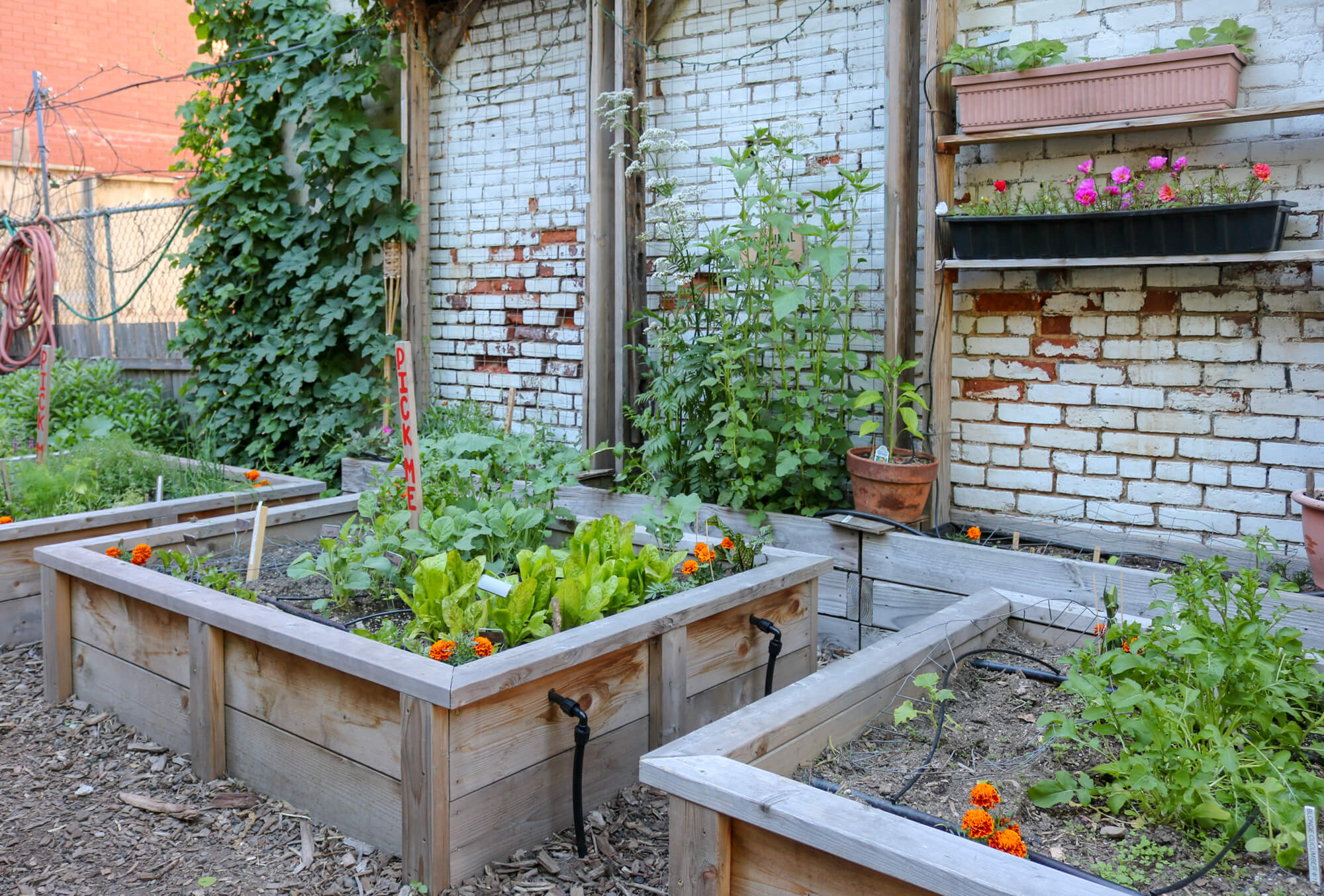
Raised beds or planters are the best way to bring in fresh, organic soil since most soil in New York City contains high levels of lead and other toxins. Soil samples can be sent to a lab for a basic lead test at a small fee.
“The number one thing is even if people get their soil tested it’s 99 percent guaranteed that it’s going be contaminated, so focus on crops that will do well in those conditions,” said gardener Rebecca Bullene, of Greenery NYC. “It’s just the reality that in New York City you’re going to be containing the soil. You’re not really going to be going into the ground in a brownstone.”
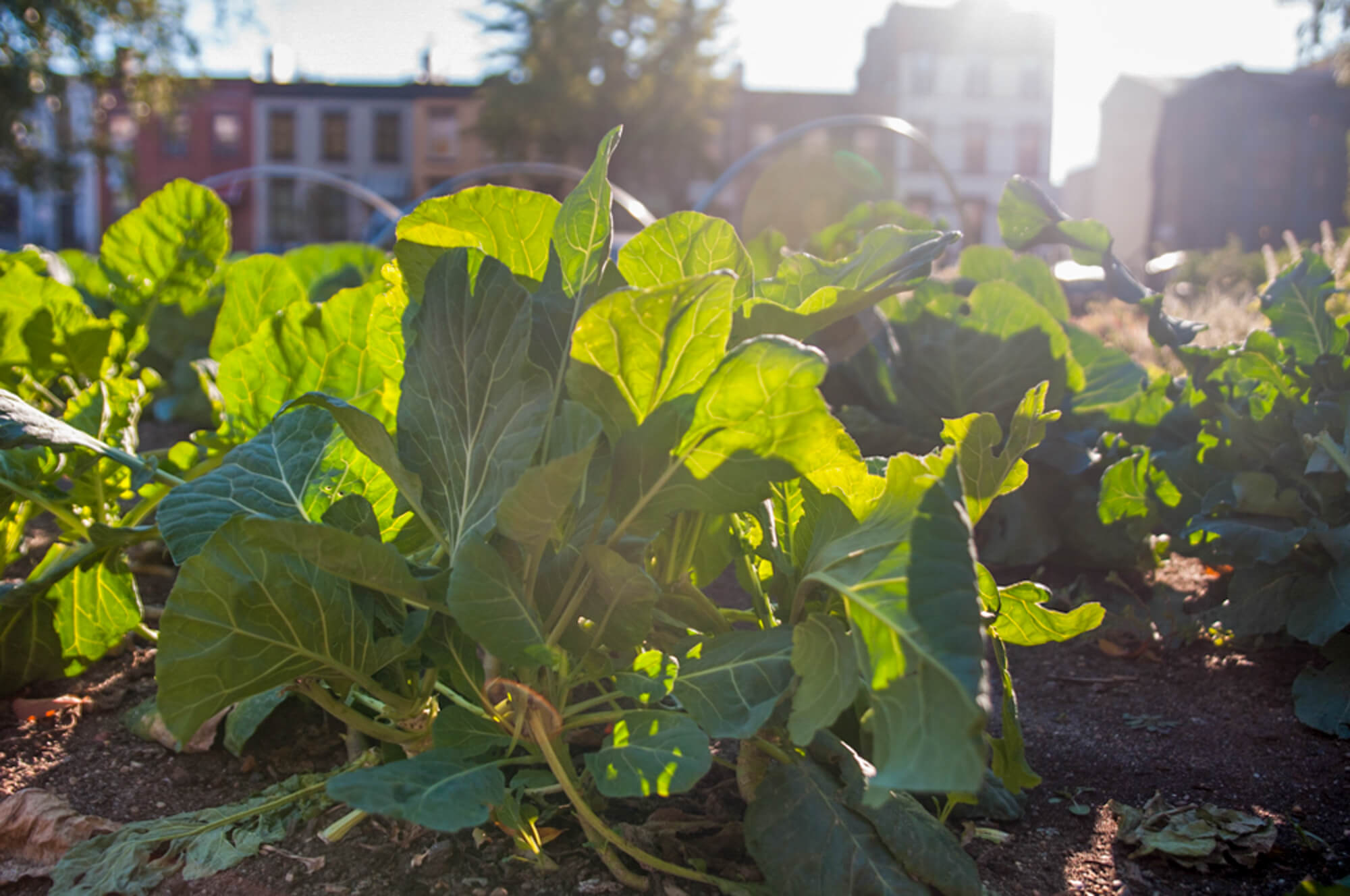
Raised beds can be built or purchased online from a garden supply company, such as www.gardeners.com. Gardeners recommend beds made of cedar, bricks or bluestone. Pressure-treated wood is not recommended because it contains chemicals.
Then, line the base with a layer of or landscaping fabric to prevent the roots from entering the contaminated soil below. Beds can be layered with cardboard, twigs, manure or packing peanuts as a base for your soil.
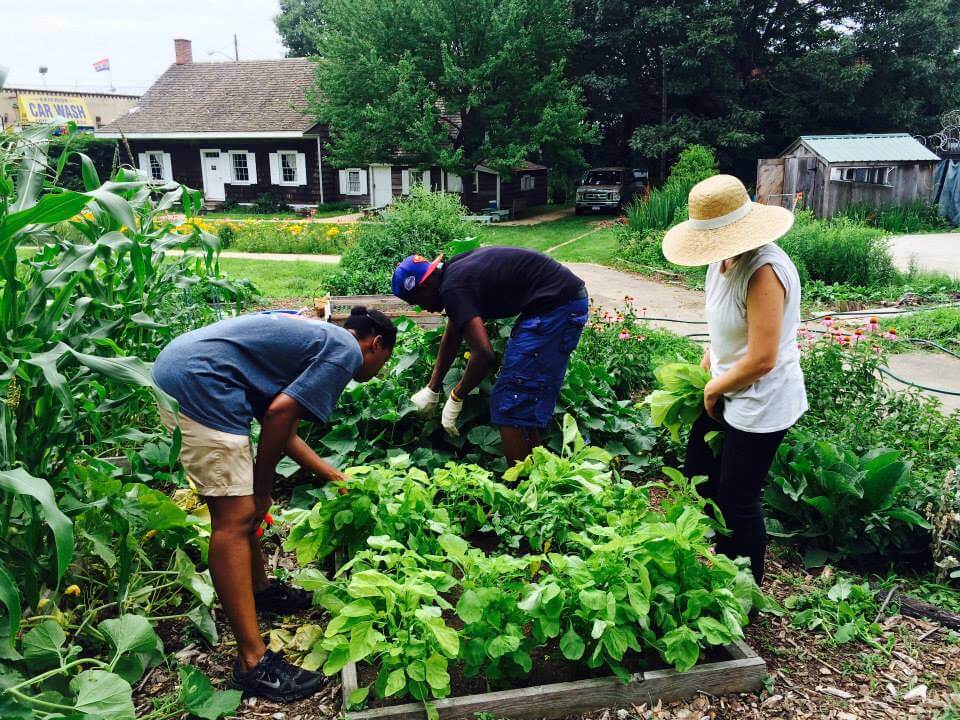
Place the bed in the sunniest spot in your backyard, or on a staircase, landing, deck or rooftop.
“Vegetables need at least six hours of sun, so usually a deck is best,” said gardener Florence Sheers, of Flo’s Gardens. “You need to make sure you have sun, water and, most likely, a net to make sure the squirrels don’t get in too much.” Bullene recommends sprinklers with a motion sensor to keep squirrels at bay.
For roof gardens, Sheers suggests starting with berries because they are low-maintenance and do well in the sun.
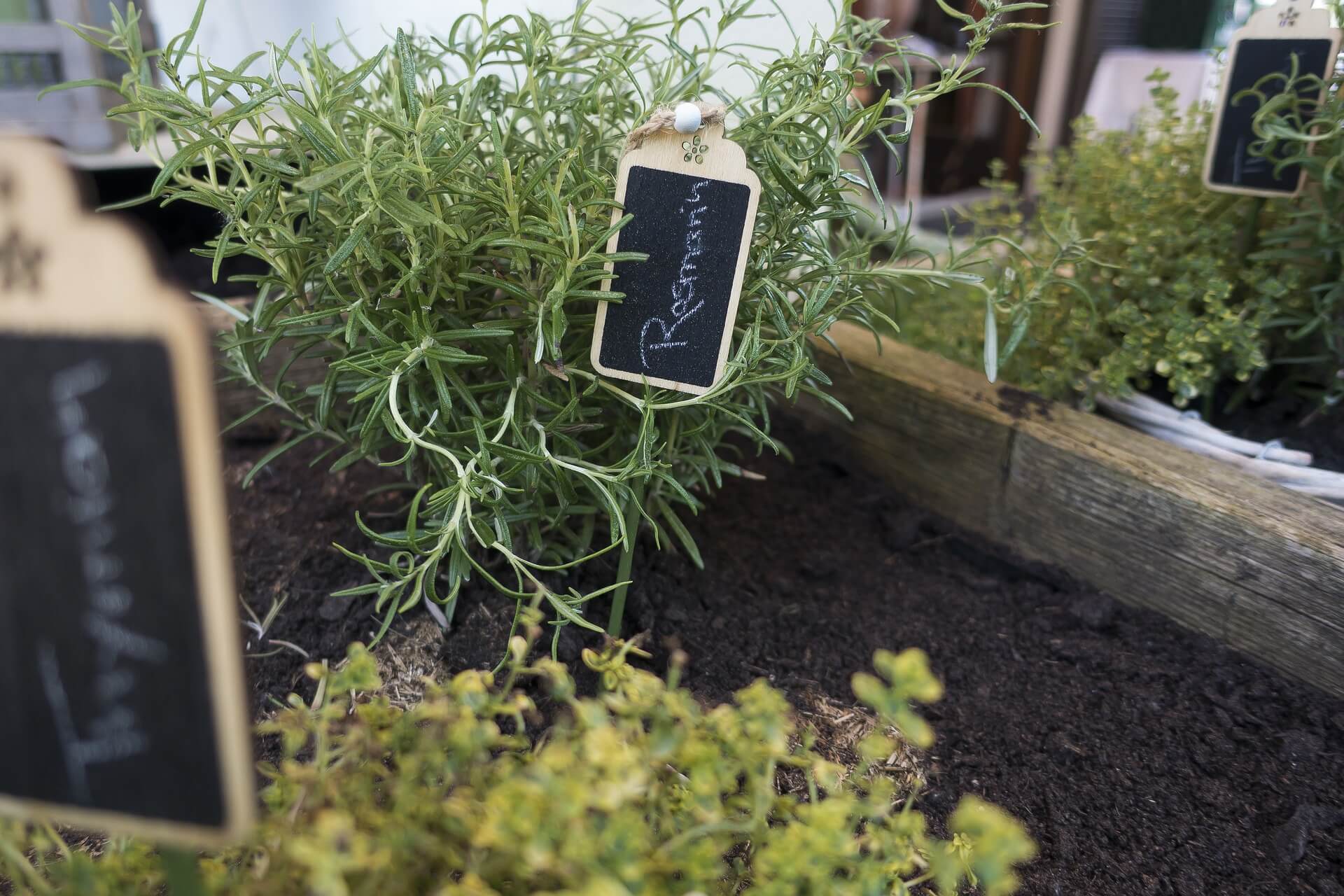
Photo by stux
“Blueberries and raspberries are very successful on a roof deck, but then you have the birds, so we put some nets over them,” she said. “Raspberries, especially, are very easy to grow.”
Hire a structural engineer to determine your roof’s load capacity before planting a rooftop garden, Bullene said.
“A lot of those roofs aren’t necessarily designed for that,” she said. “I’ve definitely heard horror stories of people building beds on their roofs and then a leak comes and its $30,000 for a new roof. It’s worth paying someone a couple hundred bucks for an assessment.”
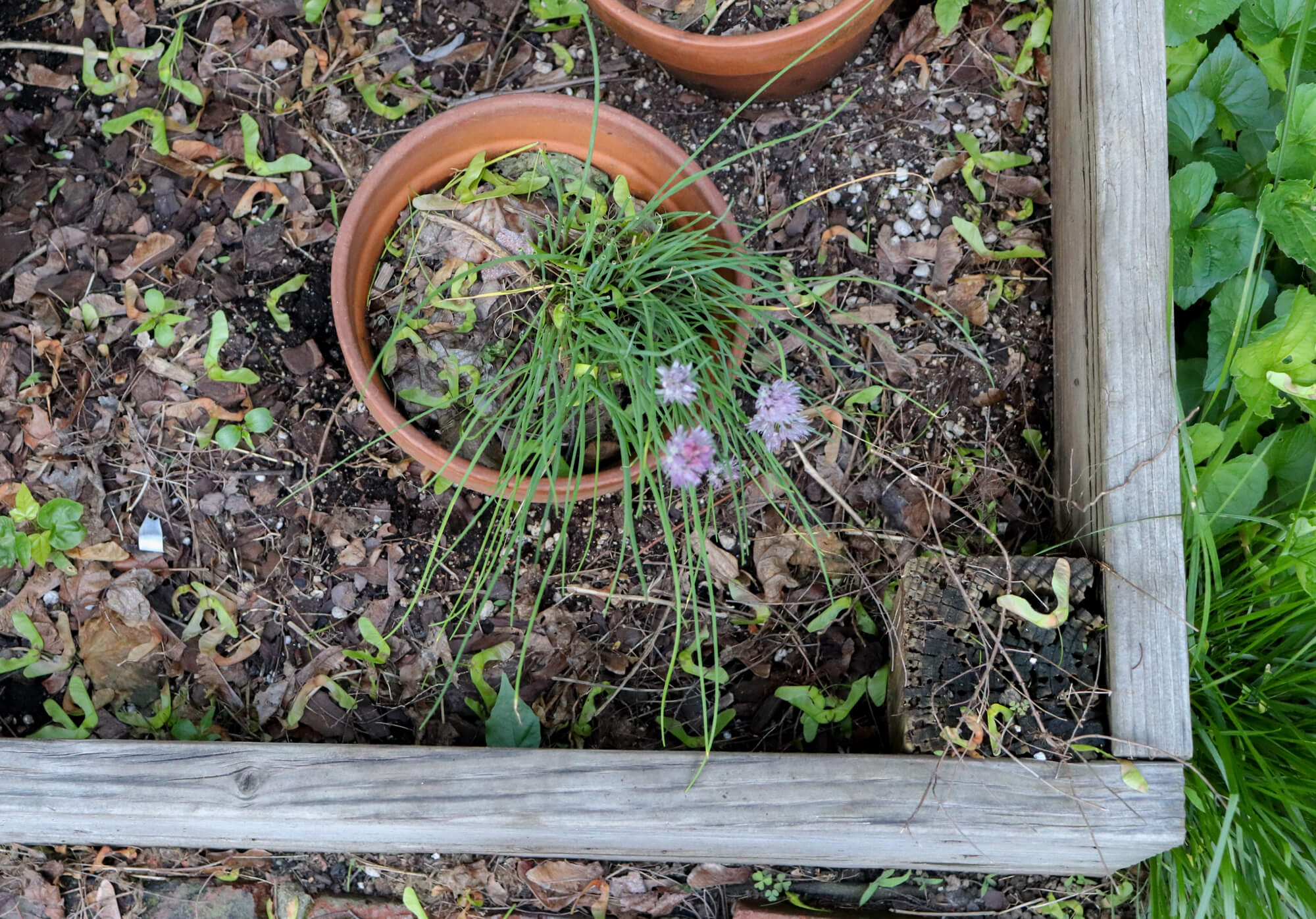
Herbs such as tarragon, parsley or rosemary grow well in raised beds with limited sunlight, as well as strawberries, cherry tomatoes, bell peppers and eggplants, Sheers said.
“It requires patience,” she said. “It’s about 60 days for tomatoes to be fully mature. It just takes time. If you buy plants that are a foot high, in mid-August maybe you have some tomatoes.”
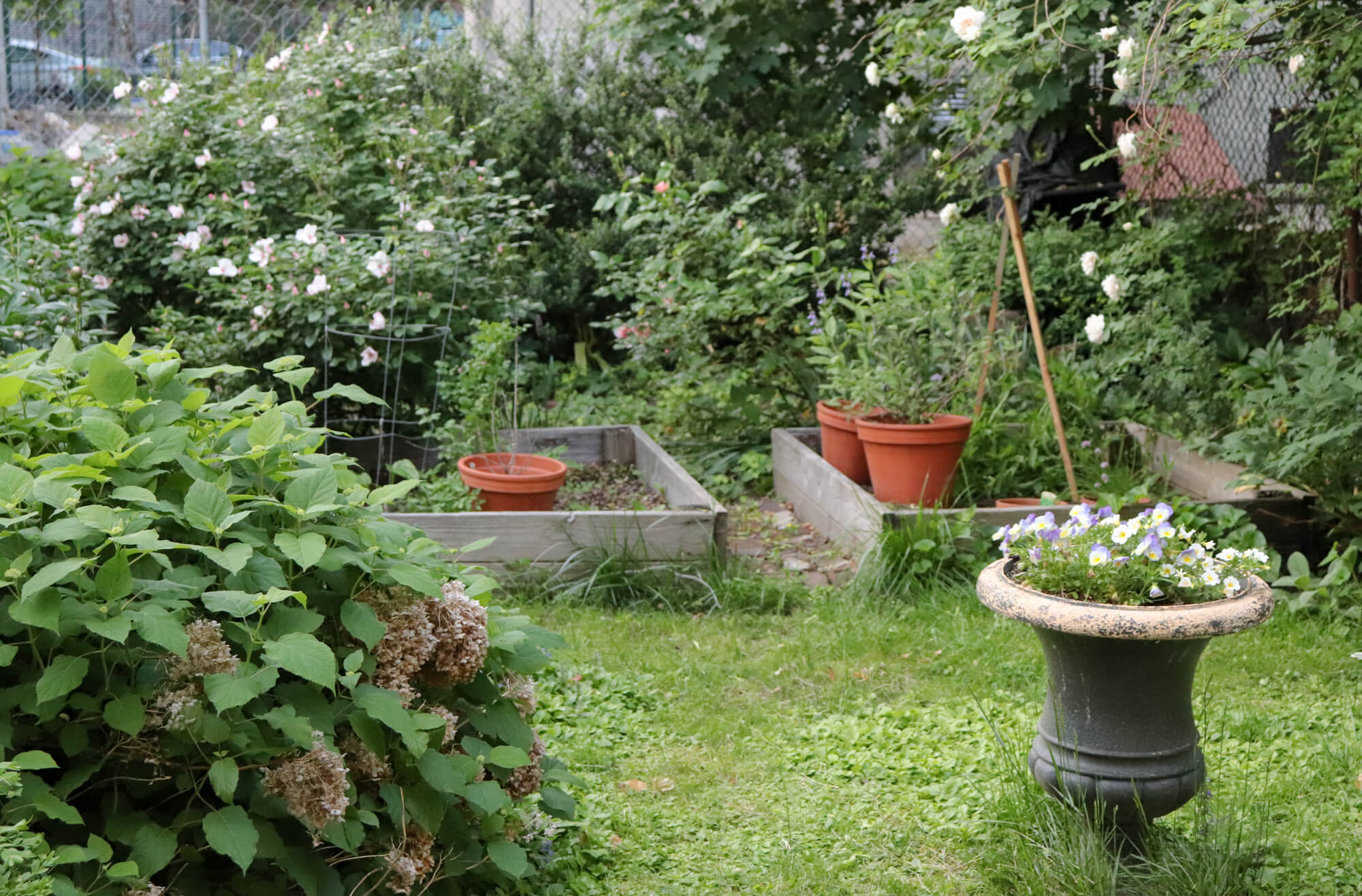
Bullene suggests mint, parsley, sage or berries such as blueberries.
“You can actually get a really bountiful harvest for blueberries, which can be ornamental as well as edible,” she said. “It’s a great time to be planting now. You want to be planting more mature plants like tomatoes, peppers, cucumbers and squash. I would just start with plants that are already in pint sized containers. Farmers market plants would be a perfect starting point.”
Related Stories
- Pining for a Deck in Brooklyn? Here’s What You Need to Know
- 7 Tips for Beautiful Window Boxes All Year Round
- 6 Things You Must Know Before Installing a Fence
Email tips@brownstoner.com with further comments, questions or tips. Follow Brownstoner on Twitter and Instagram, and like us on Facebook.


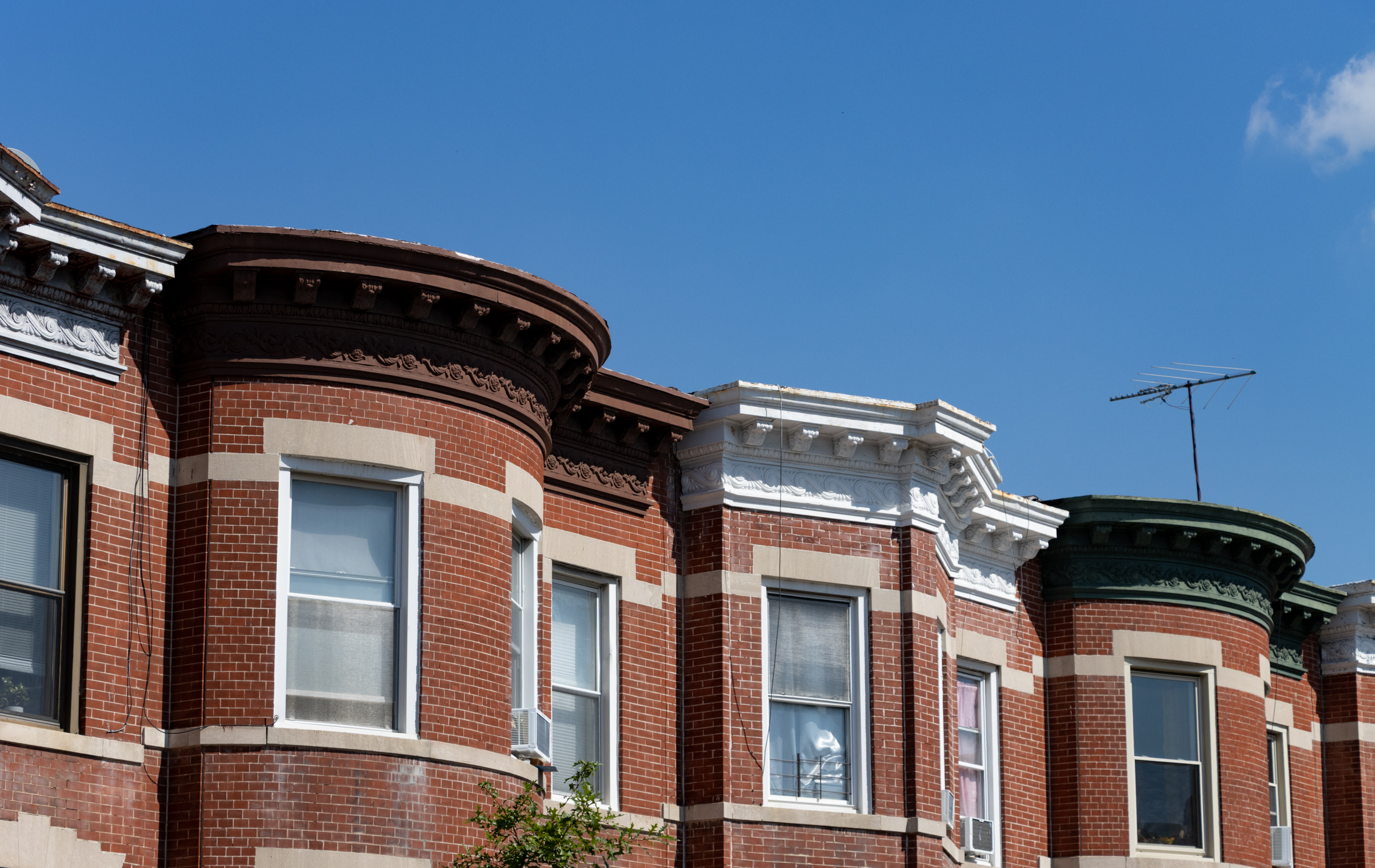
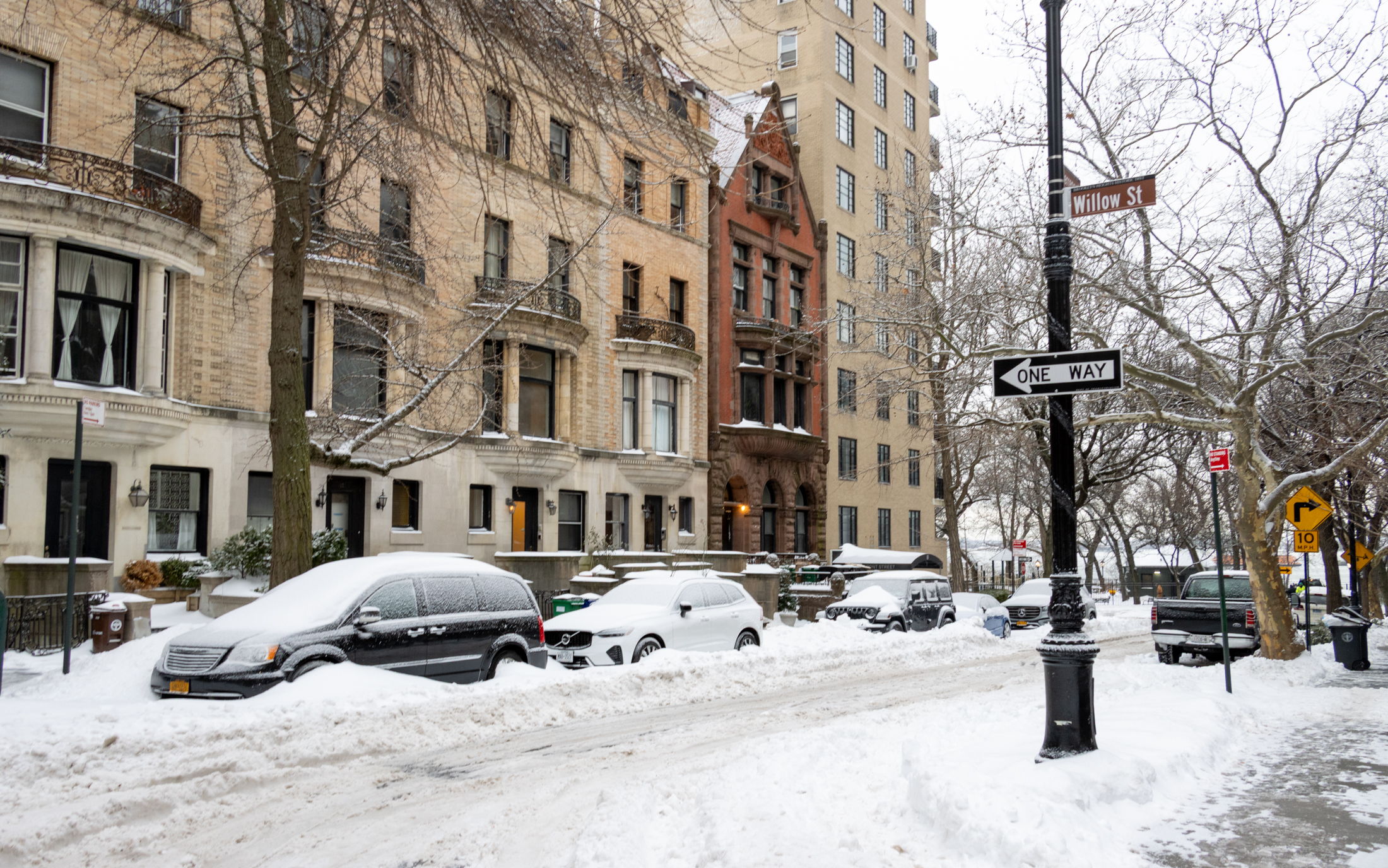
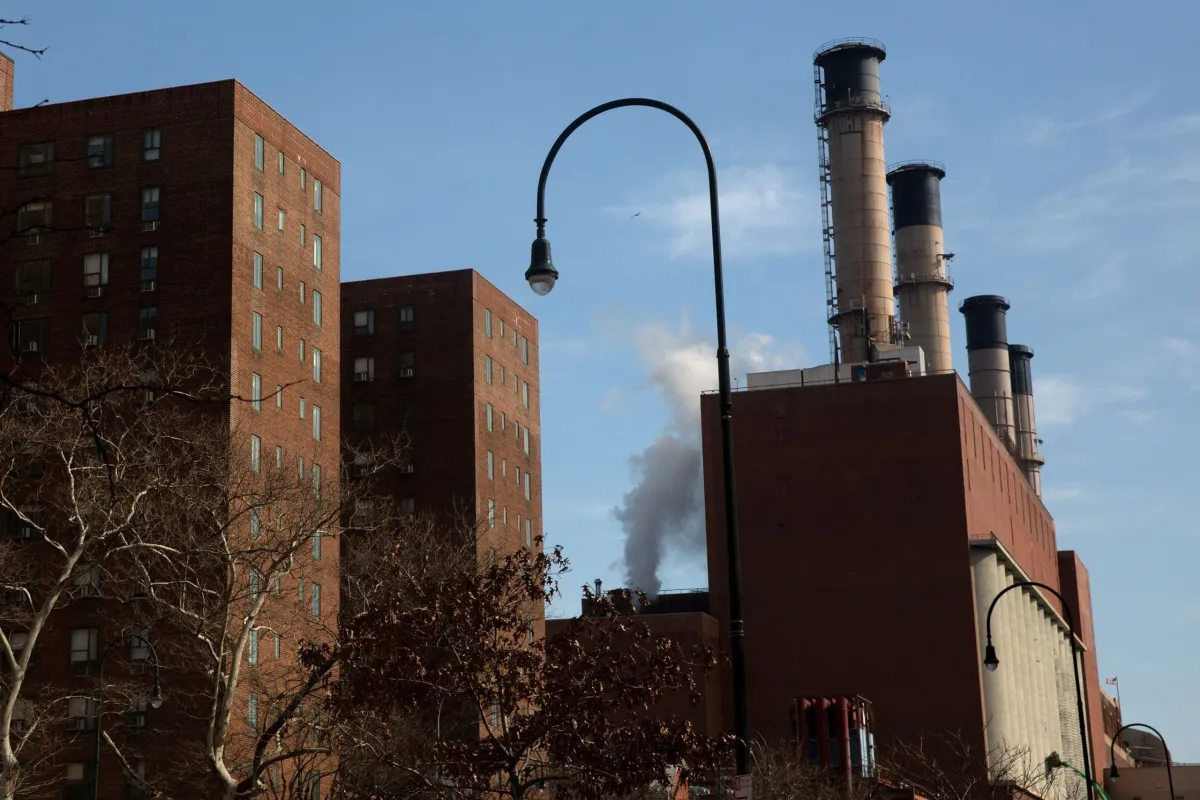
What's Your Take? Leave a Comment